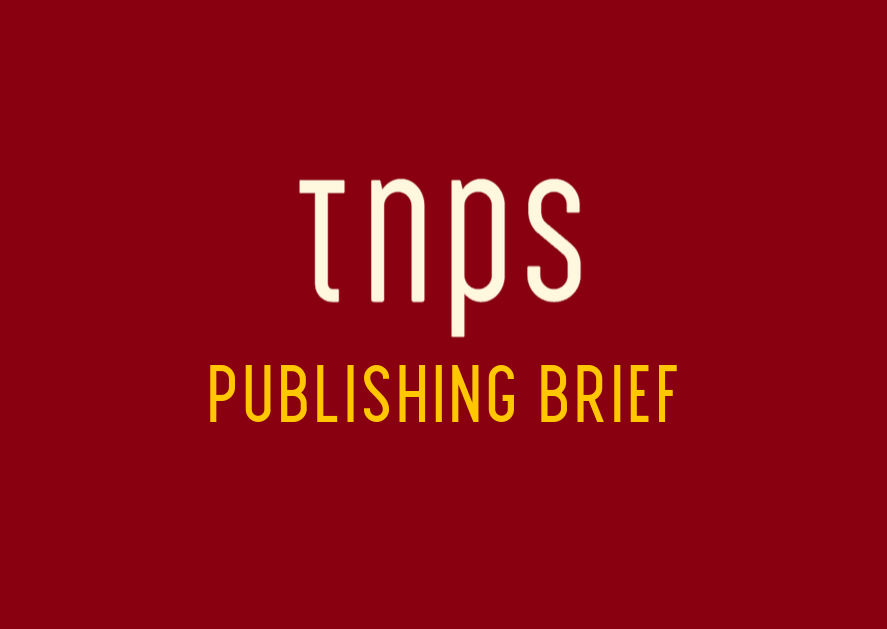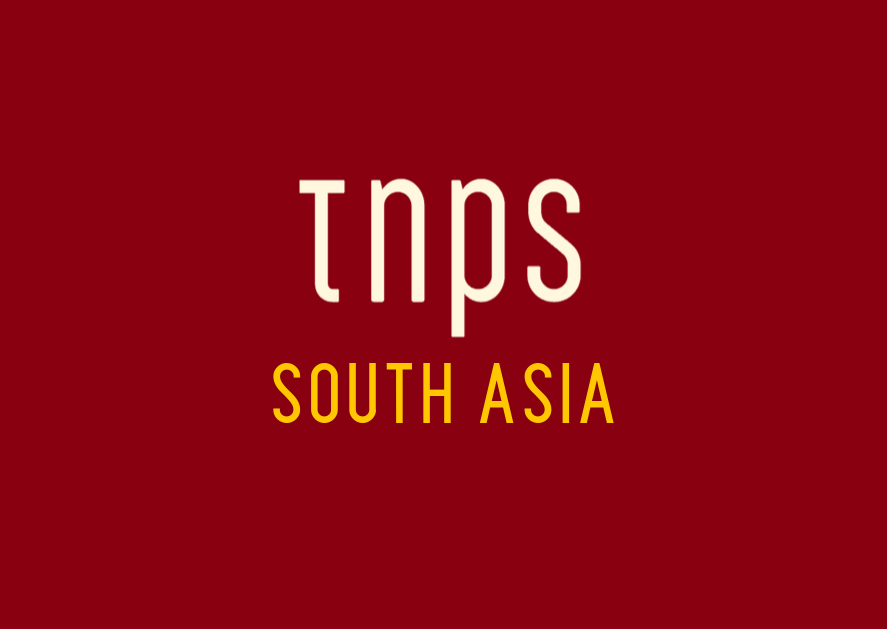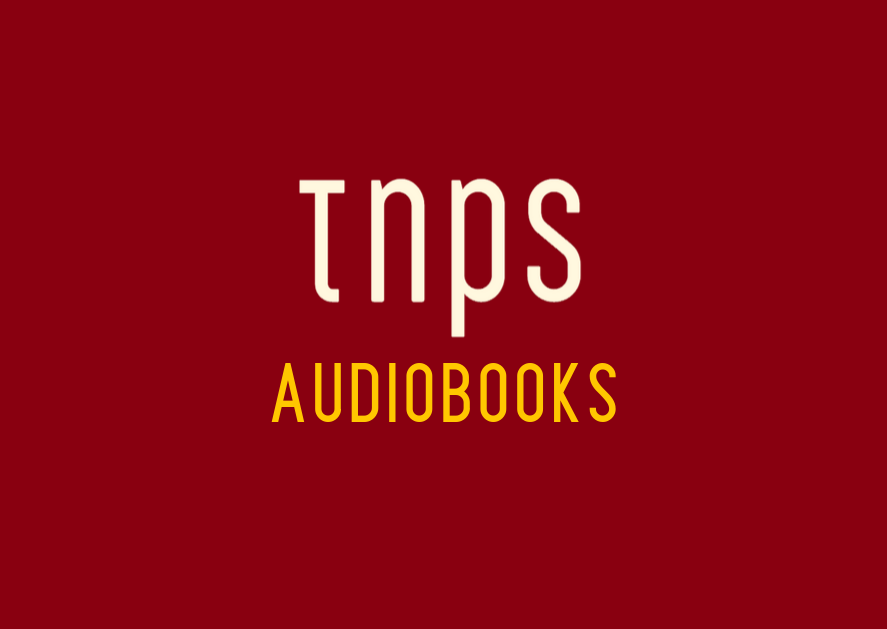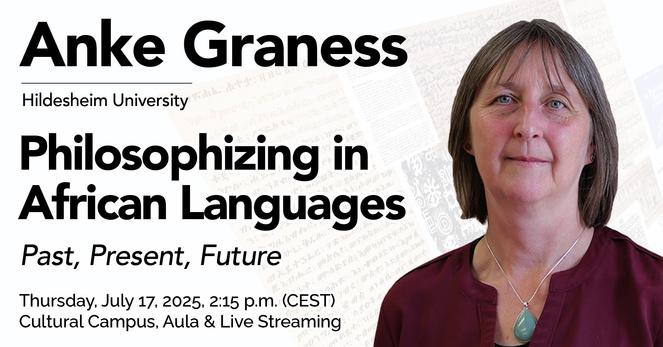#indigenouslanguages
What does it mean for a community to write its own dictionary?
Artur Garcia Gonçalves, Baniwa-Koripako linguist, reports on a 3-year collective effort to document his language — across dialects, politics, and schoolrooms in the Amazon.
https://doi.org/10.25189/2675-4916.2025.V6.N3.ID788
#linguistics #IndigenousLanguages #IndigenousEducation
Last Chance! Our next Script Keepers Network Zoom meeting is today! Join us for either meeting. Links in bio.
Just a reminder - our next Script Keepers Network Zoom meeting is coming up soon! Join us on July 6th for an engaging discussion and the latest updates. Link in bio.
Don’t forget - our next Script Keepers Network Zoom meeting is just around the corner! Join us on July 6th for great discussion and updates. Links in bio.
Can AI speak the language Japan tried to kill? https://www.bbc.com/future/article/20250625-can-ai-speak-the-language-japan-tried-to-kill #AI #IndigenousLanguages #Japan
Can AI speak the language Japan tried to kill? https://www.bbc.com/future/article/20250625-can-ai-speak-the-language-japan-tried-to-kill #AI #IndigenousLanguages #Japan
A glimpse into Batak manuscripts from North Sumatra! Protecting threatened practices like this is why we do what we do. Join our July 6th meeting - link in bio.
We had a good protest tonight. My favorite sign was this one, about Tucson (original name closer to cuk-son). #Tucson #Arizona #IndigenousLanguages
Come join us on July 6th for our upcoming meetings for an engaging discussion of endangered and emerging scripts - particularly looking into our ongoing SKN projects. Everyone is welcome - every background and experience can bring something to the table.
âpihtawikosisân is back!!! With a fantastic project:
"I want to demonstrate that we don’t need a million dollar budget and a huge production team – and we certainly can’t wait for these things. I also strongly believe in creating a resource that is free to access. If you are an Indigenous person and Cree is one of your traditional languages, it is your birthright. The more opportunities that exist for you to reclaim that birthright, the better.”
IBBY Canada Opens Call for Papers for 40th World Congress: “Listening to Each Other’s Voices”.
Under the theme “Listening to Each Other’s Voices,” the Congress will explore inclusivity, representation, and sustainability through keynote speeches, workshops, and peer-led discussions.
https://thenewpublishingstandard.com/2025/06/02/ibby-canada-opens-call-for-papers-for-40th-world-congress-listening-to-each-others-voices/

The White River First Nation gifted me with these gorgeous moccasins. I am so grateful for having been able to spend this week with them! #IndigenousLanguages #UpperTanana #wrfn #yukon
The highlight of the drive was, of course, this animal. The Upper Tanana word for this animal should not be used by women. Instead, they use Neetsay, which means “our grandfather”. #yukon #wildlife #indigenousLanguages #taboo
Back after the terrible fire in Hawai'i I made a small donation to the Hawai'ian immersion school ʻAha Pūnana Leo. Today they sent me an annual report. What I love about it: most of the articles are in Hawai'ian! Some may not even have an English translation! There are also lots of wonderful photos of kids learning things in Hawai'ian, but what I really love about it is that they just use the language, even for the business report part. #linguistics #IndigenousLanguages #hawaii
Pakistan – Hindko Literature: A Testament to Linguistic Diversity and Resilience
For publishing professionals, Hindko represents a microcosm of the opportunities and challenges associated with linguistic diversity.
https://thenewpublishingstandard.com/2025/04/19/pakistan-hindko-literature-a-testament-to-linguistic-diversity-and-resilience/
#IndigenousLanguages #Pakistan #SouthAsia #Hindkoliterature #Pakistanbookmarket
@indieauthors

Excerpt: Over the past two decades, the Native American Languages collection at the Sam Noble Museum in Norman has grown to about 9,000 items, from board games in Kaw and bingo in Navajo to hymns in Muscogee (Creek) and books for early readers in Yavapai.
"It ranges from the very serious or scholarly, like dictionaries and field recordings, to things like we've got a collection of 'Hi and Lois' cartoons in Cherokee," said Raina Heaton, associate curator of the Native American Languages Collection at the University of Oklahoma's natural history museum.
"While we focus on the Indigenous languages of Oklahoma, being in Oklahoma, we've got stuff in 1,300 languages from all over the planet. ... The collection is 100% built by donations, so people have entrusted us with this stuff."
Since she started at the Sam Noble Museum in 2017, Heaton has been on a mission to expand access to the vast collection. She marked a major milestone in 2022, when she received a $345,494 National Endowment for the Humanities grant for a three-year project to provide online access to the collection for the first time.
At the time, hers was the largest total NEH grant received by an individual investigator at OU and the second-largest collaborative NEH grant ever awarded to OU.
"We complied with all the regulations, all the check-ins, the reports. All of it was good," said Heaton, who is also a presidential associate professor in Native American studies at OU.
Like many other researchers at OU and nationwide, Heaton had her project thrown into turmoil last week by the sudden termination of her NEH grant at the direction of the federal Department of Government Efficiency, also known as DOGE.
PRH India Finally Enters Hindi Audiobook Market: A Milestone in Vernacular Publishing. But Why So Late, Nihar?
Leaving the big question, why has it taken the world's largest trade publisher so long to wake up to this opportunity? And does…
https://thenewpublishingstandard.com/2025/04/04/prh-india-finally-enters-hindi-audiobook-market-a-milestone-in-vernacular-publishing-but-why-so-late-nihar/
#Audiobooks #India #IndigenousLanguages #Hindiaudiobooks #Indiaaudiobooks
@indieauthors

Manitoba launches pilot project to translate gov’t transcripts into Indigenous languages
Manitoba Premier Web Kinew says a new pilot project will translate transcripts from the provincial legislature into Indigenous languages, starting with Aninishinaabemowin.
#politics #language #technology #Manitoba #Canada #IndigenousLanguages
https://globalnews.ca/news/11106617/manitoba-indigenous-hansard-pilot-project/

